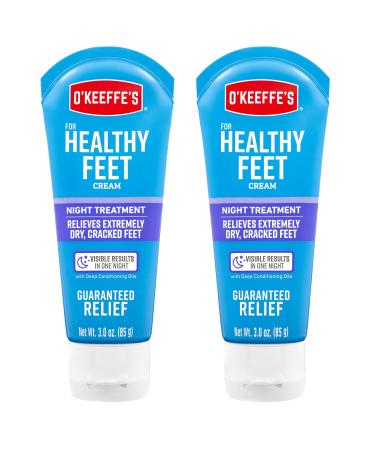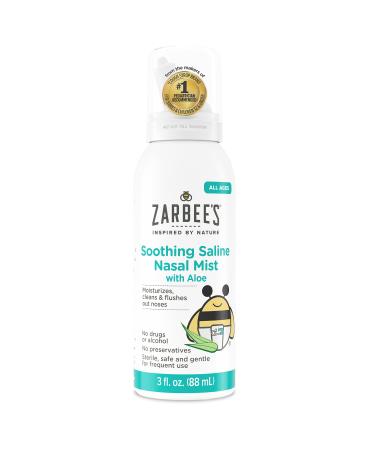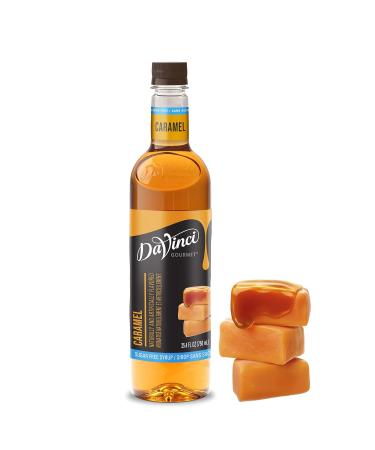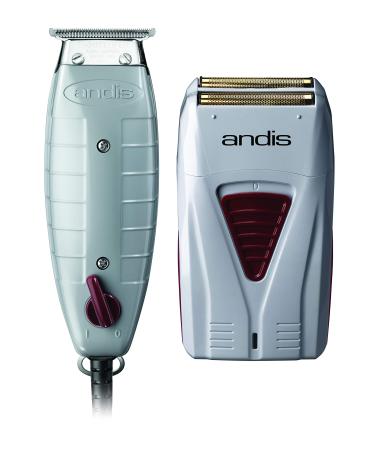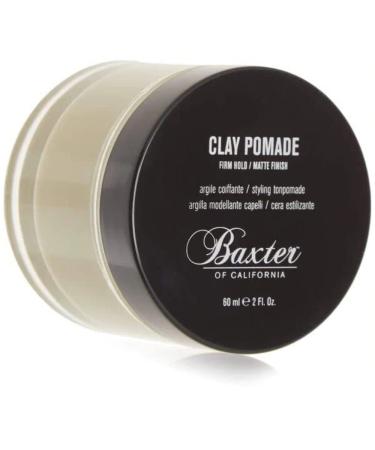Organic Peanut Butter (With Honey)
What are the Benefits of Peanut Butter?
Thanks to the antioxidant compounds, healthy fats, vitamins, and minerals it contains, peanut butter plays an important role in maintaining overall health. Here are some of its benefits: Strengthens the immune system: Thanks to the antioxidant compounds, vitamins, and minerals it contains, peanut butter facilitates the elimination of toxins and excess water from the body, helping immune system cells function more effectively. By strengthening the immune system, it supports the body's fight against infections and reduces the risk of disease. It also strengthens memory and brain functions thanks to components such as vitamin E, B-complex vitamins, zinc, and selenium. It is a source of protein: Peanut butter is a protein-rich food. 100 grams of peanut butter contains approximately 25 grams of protein. Because it is plant-based, it helps meet the protein needs of vegans and is also a favorite food of athletes. It provides the protein needed for the repair of damaged muscle cells after exercise and for new cell synthesis. Peanut butter, a quality pre-workout energy source, also helps reduce post-workout muscle soreness thanks to the potassium and arginine it contains. It contains high amounts of fiber. 100 grams of peanut butter contains approximately 6 grams of fiber. Peanuts contain a substance called beta-sitosterol, and this compound reduces the secretion of stress hormones. In other words, when you consume peanut butter regularly, you can observe improvements in your mood. It reduces hunger. Thanks to its high fiber content, peanut butter leaves the stomach slower, creating a feeling of fullness for a long time. The delayed digestion of peanut butter, which is also rich in healthy fats, gradually raises blood sugar and can prevent the development of insulin resistance. Reduces the risk of heart disease. Rich in polyunsaturated fatty acids, which play an important role in maintaining cardiovascular health, peanut butter can help lower cholesterol. The food, which reduces the risk of cardiovascular disease, also reduces the risk of stroke and stroke thanks to its high potassium content.
The greatest benefit of peanut butter comes from its balanced protein, carbohydrate, and fiber content. Not only that, this food also provides many minerals. Various information about the benefits of peanut butter can be listed as follows: A single serving of peanut butter can meet 7 percent of your daily fiber needs. Its high fiber content can support a healthier digestive system. This food is classified as a healthy carbohydrate thanks to its balance of fiber, protein, and carbohydrates. When consumed in controlled portions, the carbohydrates it contains contribute to increased energy. Peanut butter also helps the body absorb minerals such as magnesium, potassium, and zinc. It is also rich in vitamin B6.
How Much Peanut Butter Should You Consume Daily?
One tablespoon of peanut butter without added sweeteners or oils is approximately 95 calories and contains 8 grams of fat. If you make yourself a sandwich and fill it with two or three spoonfuls of this food, you'll get 200 calories and 14 grams of fat. Keeping this in mind, you can determine your daily calorie intake based on your daily calorie needs. If your training level is intense and you need to consume 3000-4000 calories per day, eating 4 tablespoons of peanut butter won't be a problem. However, if you need to consume 1800-1900 calories per day, it's your choice whether or not you consume 200 calories with peanut butter. Of course, it's worth noting at this point that a 200-calorie peanut butter sandwich is a healthier choice than a can of soda, which will provide the same number of calories.
Warning:The articles, news, articles, videos, comments, and all medical information on our website are for general informational purposes only. This information may become outdated over time. This information on this website can never replace a medical examination, be used in place of a medical examination and treatment, or be used for personal diagnosis or treatment selection. The information in the Herbal Encyclopedia and news articles is for informational purposes only. If used without consulting a specialist, it may interact with medications, cause serious side effects, trigger another disease, or damage an organ. Please consult a specialist regarding any health-related matters. Our site cannot be held responsible for any damage that may arise from any application performed without consulting a specialist doctor. Those who visit our site, comment, or send questions to doctors will be deemed to have accepted these warnings. This site, our Blog, and our are designed for general information. - They are absolutely not intended for medical assistance, medical diagnosis, or medical treatment. - You should consult your doctor or other healthcare professional before making any changes to your diet or exercise regime. This site, our Blog, and our are designed for general information. - They are absolutely not intended for medical assistance, medical diagnosis, or medical treatment. - You should consult your doctor or other healthcare professional before making any changes to your diet or exercise regime. Information: The promotional sales prices we apply to products are not valid in our dealers and sales stores.




